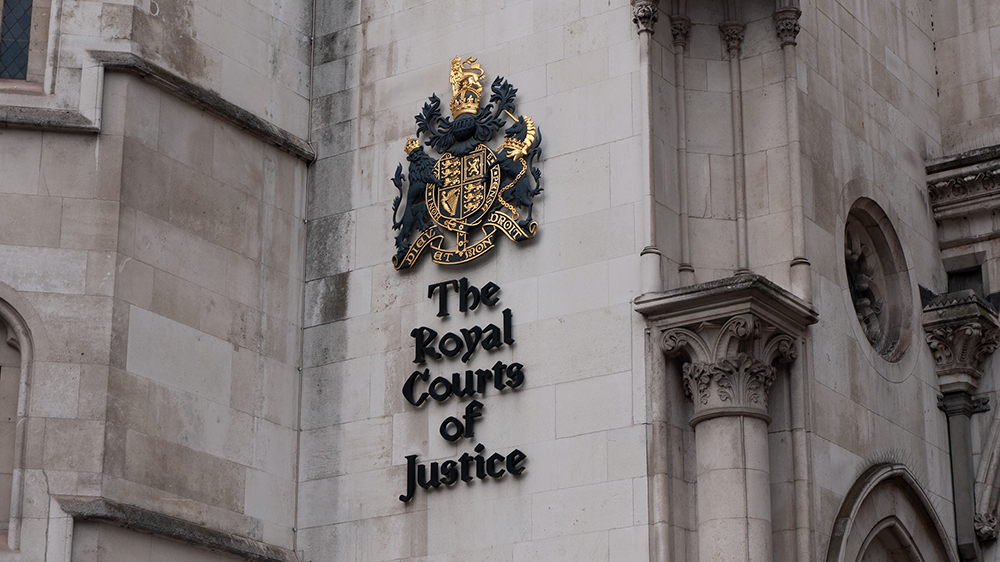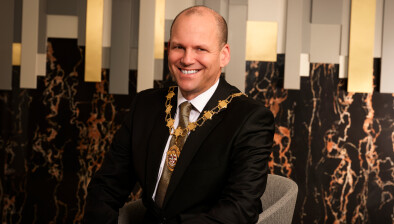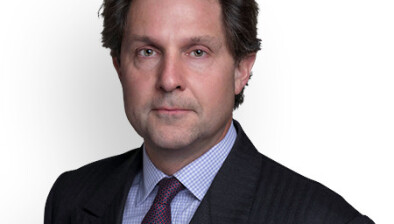Tribunal begins hearings in PSNI surveillance case

The UK’s Investigatory Powers Tribunal (IPT) has today begun examining the PSNI surveillance complaint brought by investigative journalists Trevor Birney and Barry McCaffrey.
The two journalists were arrested in 2018 following the release of No Stone Unturned, their documentary about the 1994 Loughinisland massacre. A court in Belfast later ruled the search warrants and arrests were unlawful.
The journalists subsequently filed a complaint with the IPT in order to establish whether police from Northern Ireland and Durham police forces used intrusive surveillance powers against them.
The tribunal is scheduled to take place from Tuesday 1 to Friday 4 October at the Royal Courts of Justice in London.
Amnesty International is attending the hearing and working to ensure full disclosure of the extent of spying on journalists by police and the security services.
Patrick Corrigan, Amnesty International’s Northern Ireland director, said: “This is a crucial case for press freedom in the UK. The police have serious questions to answer about the secret surveillance of journalists in Northern Ireland.
“The evidence speaks for itself. There’s a highly disturbing pattern of covert surveillance of journalists and others and a cavalier approach by the police to freedom of the press.
“We now need full disclosure of the extent of secret surveillance against journalists and an end to the apparent routine practice of treating reporters as criminal suspects.”
The National Union of Journalists (NUJ) was granted leave to join the case in July when seeking permission to inform on the wide-ranging and grave implications of the covert monitoring of journalists.
Olivia O’Kane, NUJ solicitor, said: “The NUJ is grateful to the IPT for the opportunity to provide legal submissions in support of all of its member journalists.
“Any derogation from public interest and investigative journalism, including the protection of confidential journalistic sources should be met with robust legal scrutiny.
“The media in exercising their role as public watchdog, the fourth estate, have lawful and conditional privileges to scrutinise and hold power to account thereby promoting transparency, accountability and informed public discourse.”








